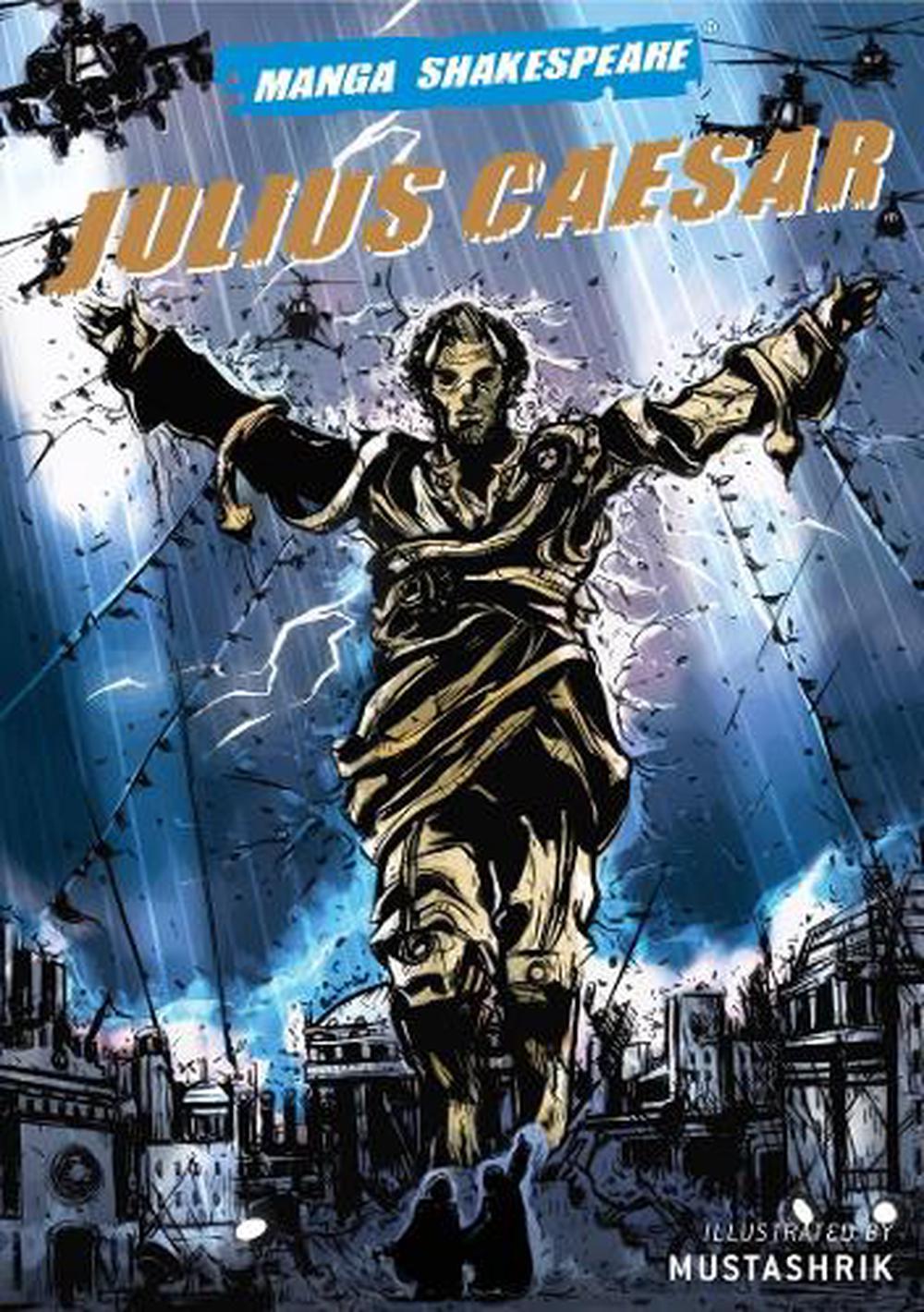
Brutus is fronted as the best candidate to face off with Caesar in a duel. The opposition clout against Caesar thinks he will dominate Rome and subsequently institute tyranny under his watch. Cassius aligns his team and convinces Brutus to be part of this plot.

Overall, Caesar seems to have greater opportunities of ascending to Kinship (Wyke 5).ĭespite great opportunity that Caesar wields, Cassius is championing forces to halt Caesar’s ascendancy.

Caesar is a national figure although there is clear polarization in the senate to stop his ascendancy. The culminating events are tense the nation is appalled, and something has to be done to neutralize the situation. There is pure irony as a community projects itself to have more regard for an individual than a nation. Plot developmentĪfter a successful war that saw the killing of Pompey, Caesar returns to Rome to proclaim his Kingship. Tragic events permeate the plot and literary scholars refer to Julius Caesar as a tragedy itself. Although regarded by many pundits as a hero, Julius Caesar is equally facing opposition to ascend to Roman leadership, and there is a hatched conspiracy to assassinate him (Taylor 301). The drama introduces Julius Caesar as a man with unyielding ambition to the throne, having fought for the good of the nation. According to Wyke (4), the play explores the dramatic structure of Julius Caesar’s ambition to take to the throne of the Roman Empire.

Julius Caesar is probably one of the most referenced works by Shakespeare it depicts actualities drawn upon the events in the Roman Empire.


 0 kommentar(er)
0 kommentar(er)
